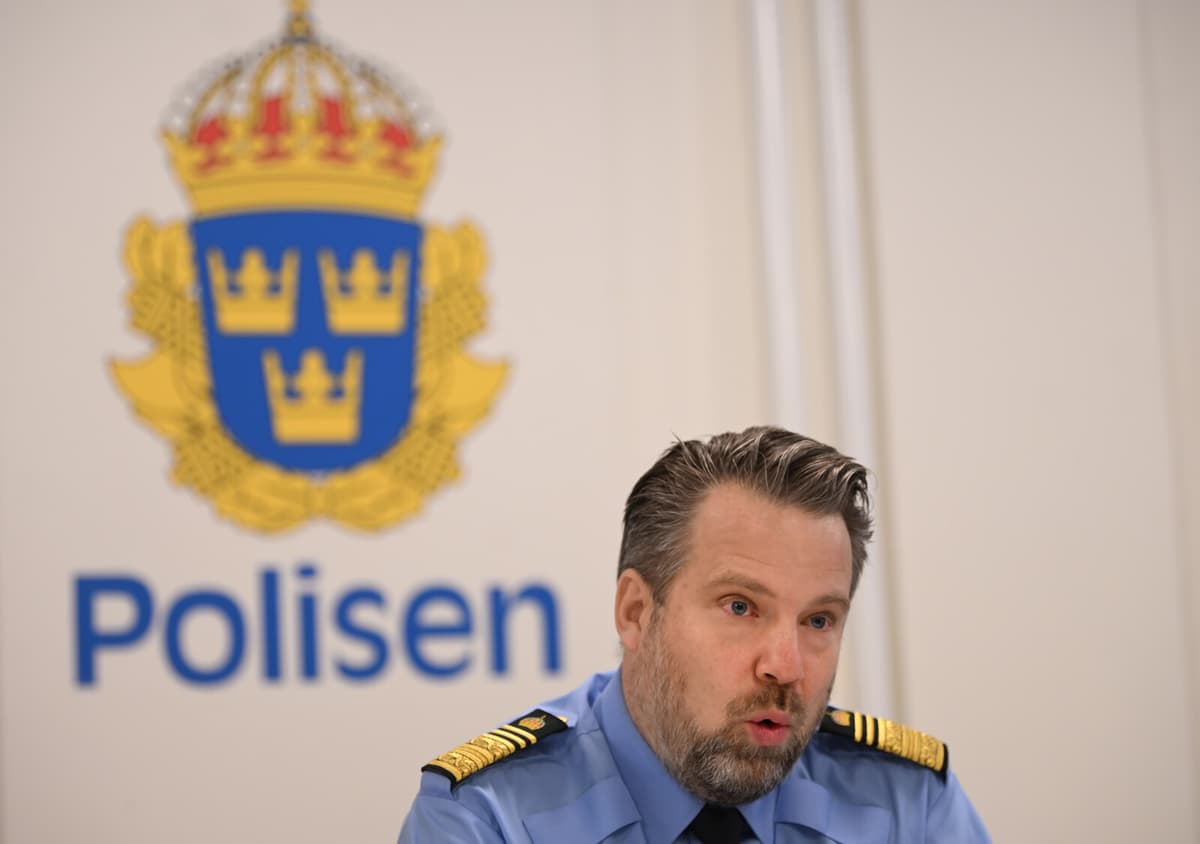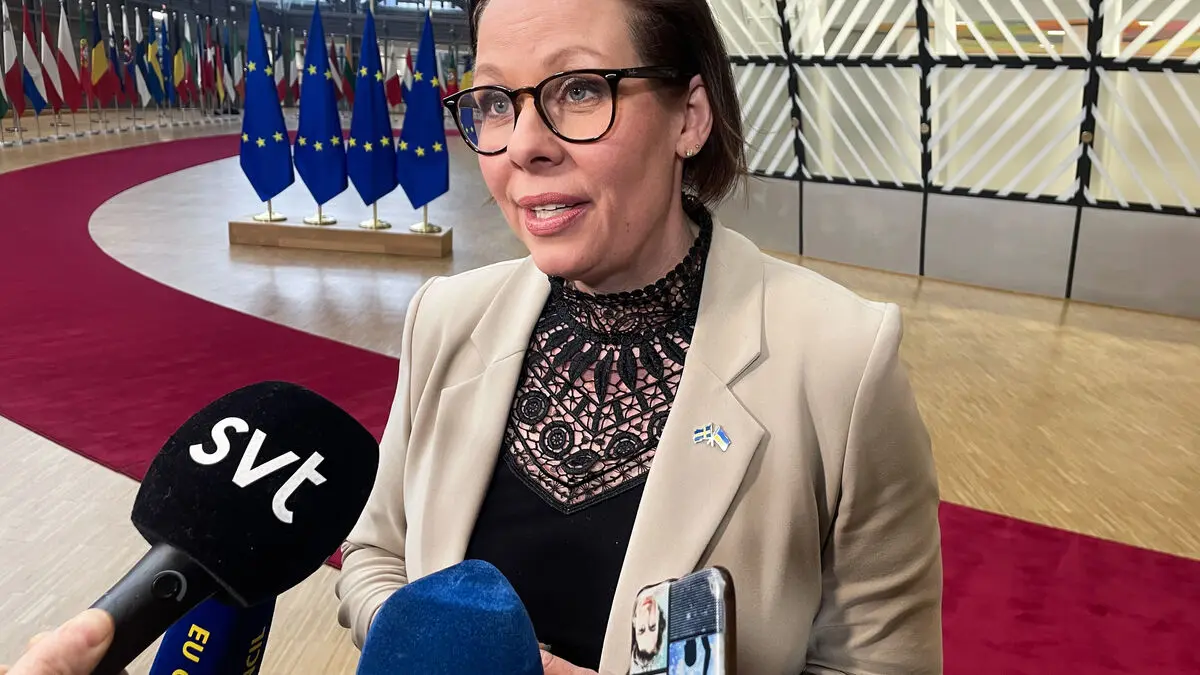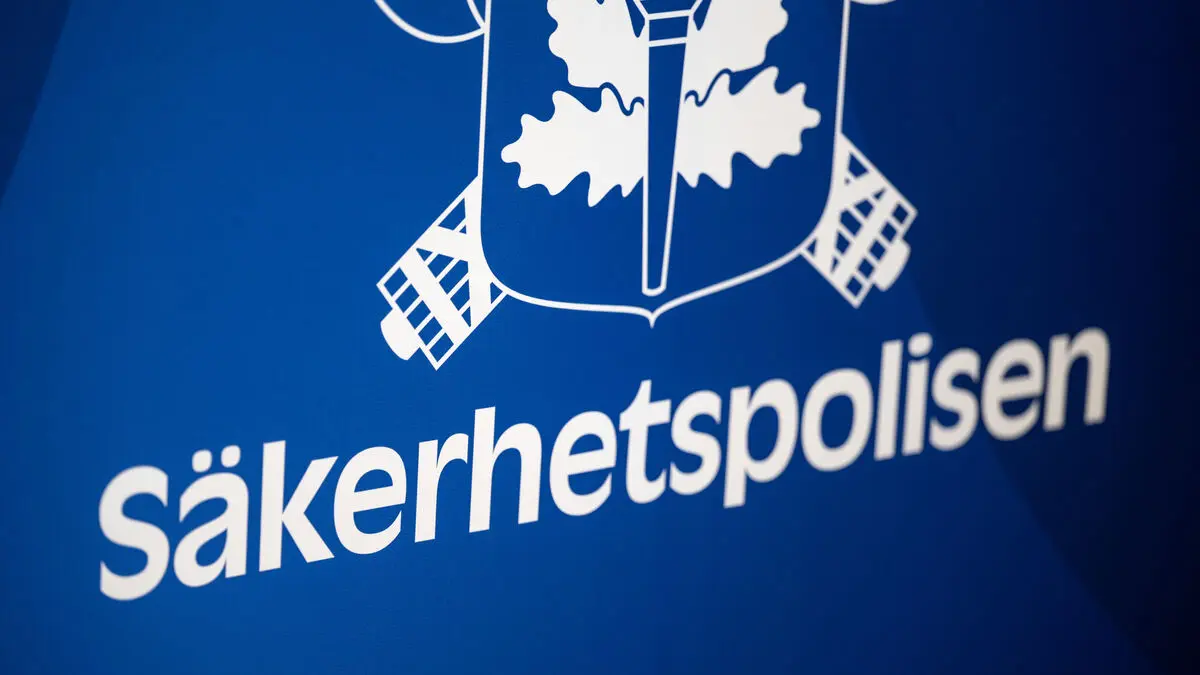270 shootings occurred in Sweden in 2024, nearly 30 percent fewer than the previous year, according to police statistics. The number of injured was 57, almost a halving compared to 2023. 44 people were killed, compared to 54 the previous year.
It's gratifying to see a downward trend that is substantial, says Johan Olsson, head of the police's national operational department, Noa.
However, the "demand for violence" is just as great as before, according to Olsson.
Rather, it's that we're managing to push down the levels, but we're not getting to the root cause, or the will and ability, to commit these violent acts, he says.
Preventing more
The decrease is largely due to the police having become better at preventing crimes and solving murders and attempted murders, according to the Noa chief.
He acknowledges that a contributing factor is also that it may be easier to catch perpetrators when they become younger.
But the clearance rate increases much more than the number of young perpetrators increases, so that explanation is not as big as one might get the impression of. Most of those who commit crimes are still over 18, even if the proportion of younger ones is increasing, which is extremely worrying.
When asked, he specifically points out two legislative changes that, in his opinion, have played the most significant role in the police's improved results.
The possibility of preventive wiretapping, as well as the stricter penalties for serious weapons offenses, which enable us to cool down conflicts when there is immediate detention and one can receive a tangible sentence.
Despite the successes, it is clear that the networks have not found it more difficult to obtain weapons or people willing to commit crimes, says Olsson.
Unfortunately, we see no signs of that.
Gang leaders abroad
A major and difficult problem is still to find the individuals high up in the networks who order the violent acts, who often hide abroad and control through digital channels.
We're getting to instigators abroad, but we need to get to more in a faster pace. It's also about becoming better at international cooperation and piecing together the puzzle in the cyber domain.
Do you believe in a continued decrease in gun violence in 2025?
It's hard to predict that. It's our ambition to maintain the successes in terms of clearance and simultaneously go more successfully against those higher up and more forcefully against the money. We have a fairly clear picture of what we need to do, but what results it will have depends a bit on how our opponents develop as well.






